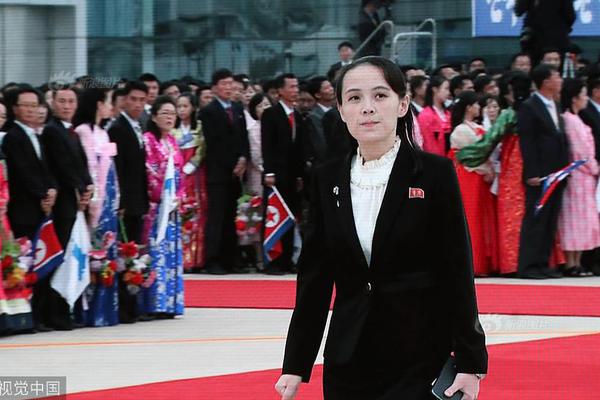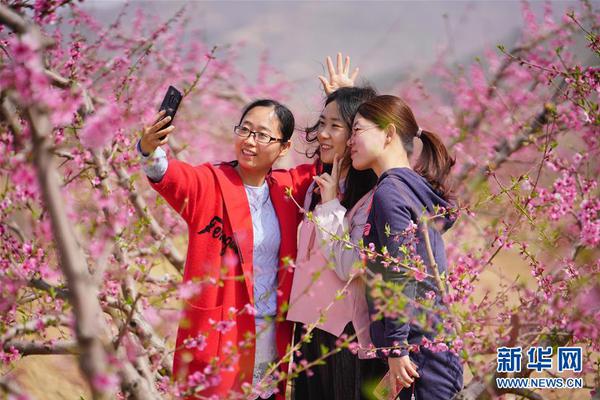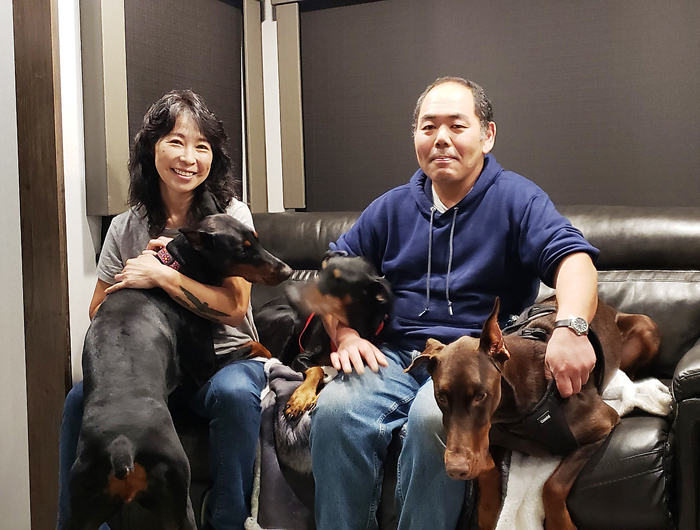
SAN FRANCISCO —?The National Japanese American Historical Society presents “Passages from Poston: Contemporary Photographs of a Former Japanese American Confinement Site” at the Military Intelligence Service Historic Learning Center, Building 640, 640 Old Mason St. in the Presidio of San Francisco.
The exhibit, which opened May 3 and is on view through Oct. 31, features 25 contemporary photographs from The Ira Nowinski California Native American Photograph Archive at UC Berkeley’s Bancroft Library, taken by professional documentary photographer Ira Nowinski at the historic Poston, Ariz. War Relocation Authority camp of World War II.
According to Nowinski, “While photographing California Native Americans, I was invited by the director of the Mojave Museum on the Colorado River Indian Tribes Reservation to photograph Poston and Tribal Recognition Day in early March of 2009. It was explained to me that there were many buildings still standing from the internment and the resulting photographs feature these buildings in states of disrepair. The school buildings in Camp I, built by the Japanese internees, were used by tribal members for alcohol recovery centers and other tribal uses after World War II.”
Poston was opened on May 8, 1942. The Colorado River Indian Tribal Council wanted no part in the use of their lands to confine Japanese Americans in the same way that Native Americans had been persecuted. Despite their protests, the camp was built and jointly operated by the U.S. government’s War Relocation Authority under the Department of the Interior.
The influx of Japanese Americans onto the reservation lands transformed the center into the third-largest populated city (up to 17,641) and one of the most arable farmlands in Arizona at the time.
Poston was divided into three separate camps: Camps I, II, and III. Prior to the creation of the camps, the government unsuccessfully attempted to relocate Native American tribal people living in isolated pueblos in Arizona and along the Colorado River onto the Colorado River Indian Tribes Reservation.
The buildings of Poston were wooden structures that were built by the Army to house the Japanese American incarcerees. Once at Poston, Japanese American men were recruited to construct buildings for Camp I out of adobe bricks and then added an exterior white coating. The bricks used to make these buildings were created on a volunteer basis by the incarcerees, mostly the women and children. These buildings were used for schools, a gymnasium, and other community buildings for Native American tribal people who moved into the area after the end of the war, despite the belief that the buildings were intended for the incarcerees.
While they were interned, the Japanese American men were also used as cheap labor to build irrigation ditches to make the land viable for farming. The center closed on Nov. 28, 1945. The remaining barracks in Camps II and III, other buildings, and irrigation systems built during the war were used afterwards as housing and infrastructure for the Mohave, Chemehuevi, Hopi, and Navajo Native American tribal people.
The infrastructure of the irrigation ditches and buildings created by the incarcerees allowed for the successful development of farms by the Navajo tribal people after the war. Camp I was used for alcohol recovery centers and other tribal uses. Some original maps can be found at www.njahs.org/confinementsites.
NJAHS will host a series of public programs in conjunction with the exhibition, including an opening reception, film screening of the documentary “Passing Poston” (Fly on the Wall Productions), and a panel discussion on Saturday, May 31, from 1 to 5 p.m. at the MIS Historic Learning Center.
The panelists will include photographer Nowinski; “Passing Poston” director Joe Fox; high school teacher Mas Hashimoto, who was incarcerated in Poston Camp II; and Ruth Okimoto, a former Poston incarceree, author of “Sharing a Desert Home,” and an interviewee in “Passing Poston.”
The schedule for Saturday is as follows: 1 to 2 p.m. – Light refreshments reception; 2 to 4 p.m. — “Passing Poston” (106 minutes) with 10-minute intermission; 4 to 4:45 p.m. — panel discussion with Q&A.
Other public programs are being planned throughout the summer.
Museum admission is $10 general, free for NJAHS members, veterans and children 12 and under. For more information, visit www.njahs.org/640.
NJAHS is a non-profit membership organization dedicated to the collection, preservation, authentic interpretation, and sharing of historical information of the Japanese American experience for the diverse broader national and global community. Through exhibitions, public programs, publications, workshops, it reaches its various audiences at its dual sites: S.F. headquarters, 1684 Post St. in Japantown, and the MIS Historic Learning Center, located at the original home of the MIS Language School.
For more information, visit www.njahs.org or call (415) 921-5007.
 Go For Broke National Education Center Names New Vice Presidents
Go For Broke National Education Center Names New Vice Presidents
 Best AirPods deal: Apple AirPods 4 for $99.99 at Amazon
Best AirPods deal: Apple AirPods 4 for $99.99 at Amazon
 Discord user data leak resurfaces on hacker forum as third
Discord user data leak resurfaces on hacker forum as third
 Best gifting deal: The Skylight digital frame is 25% off at Amazon
Best gifting deal: The Skylight digital frame is 25% off at Amazon
 Ken Inouye Elected Board President of OC Human Relations
Ken Inouye Elected Board President of OC Human Relations
 Boston Celtics vs. Cleveland Cavaliers 2025 livestream: Watch NBA online
Boston Celtics vs. Cleveland Cavaliers 2025 livestream: Watch NBA online
 Best TurboTax deal: Save 44% on TurboTax Deluxe at Amazon
Best TurboTax deal: Save 44% on TurboTax Deluxe at Amazon
 NYT mini crossword answers for February 4, 2025
NYT mini crossword answers for February 4, 2025
 ‘1,000 Days in Siberia’ Author Sano Dies at 93
‘1,000 Days in Siberia’ Author Sano Dies at 93
 Best iPad deal: Save $70 on 10th Gen Apple iPad
Best iPad deal: Save $70 on 10th Gen Apple iPad
 ‘Nikkei Story from Veracruz’ at JANM
‘Nikkei Story from Veracruz’ at JANM
 NYT Connections Sports Edition hints and answers for February 4: Tips to solve Connections #134
NYT Connections Sports Edition hints and answers for February 4: Tips to solve Connections #134
 How to unblock Redtube for free
How to unblock Redtube for free
 Ottawa Senators vs. Nashville Predators 2025 livestream: Watch NHL for free
Ottawa Senators vs. Nashville Predators 2025 livestream: Watch NHL for free
 Japanese Couple Survives Devastating Fire in Paradise
Japanese Couple Survives Devastating Fire in Paradise
 Ottawa Senators vs. Nashville Predators 2025 livestream: Watch NHL for free
Ottawa Senators vs. Nashville Predators 2025 livestream: Watch NHL for free
 Discord user data leak resurfaces on hacker forum as third
Discord user data leak resurfaces on hacker forum as third
 JCCSC Installation/Awards Luncheon on Jan. 28
JCCSC Installation/Awards Luncheon on Jan. 28
 Los Angeles Lakers vs. LA Clippers 2025 livestream: Watch NBA online
Los Angeles Lakers vs. LA Clippers 2025 livestream: Watch NBA online
CES 2024: This 14Apple's Vision Pro: Yes, you can try it for free. Here's how.2024 SAG Awards nominations: See the full listBest portable monitor deal: Get the 15.6 inch Asus ZenScreen portable USB monitor for under $120.CES 2024: HP Spectre x360 handsSpotify's 'Playlist in a Bottle' is back. Here's how to get it.Best Kindle deal: Save 20% on the Kindle Scribe in every configurationCES 2024: Samsung unveils a transparent TV display, plus the first wireless 8K projectorSuper Mario Maker 2 on sale: Lowest price everNvidia and Convai are bringing generative AI NPCs to video games Facebook Live captures tragic aftermath of police shooting in El Cajon Pence says Trump was kidding, Gennifer Flowers will not be at the debate Sick of police violence, black woman gets millions of views painting herself white Sad dog just misses his humans #TrumpWon trends in the morning after the debate — with plenty of laughter Clinton, Trump, and your money: A personal Wait a second—Kim Kardashian might vote for Donald Trump Olivia Wilde slams Trump, and announces her baby's gender, in one beautiful tweet Gennifer Flowers tweets she supports Trump, will accept invitation to debate The People Who Only Play One Video Game
0.1395s , 9947.515625 kb
Copyright © 2025 Powered by 【мировлц рекорд в порнографии】Enter to watch online.‘Passages from Poston’ on View at MIS Historic Learning Center,Feature Flash